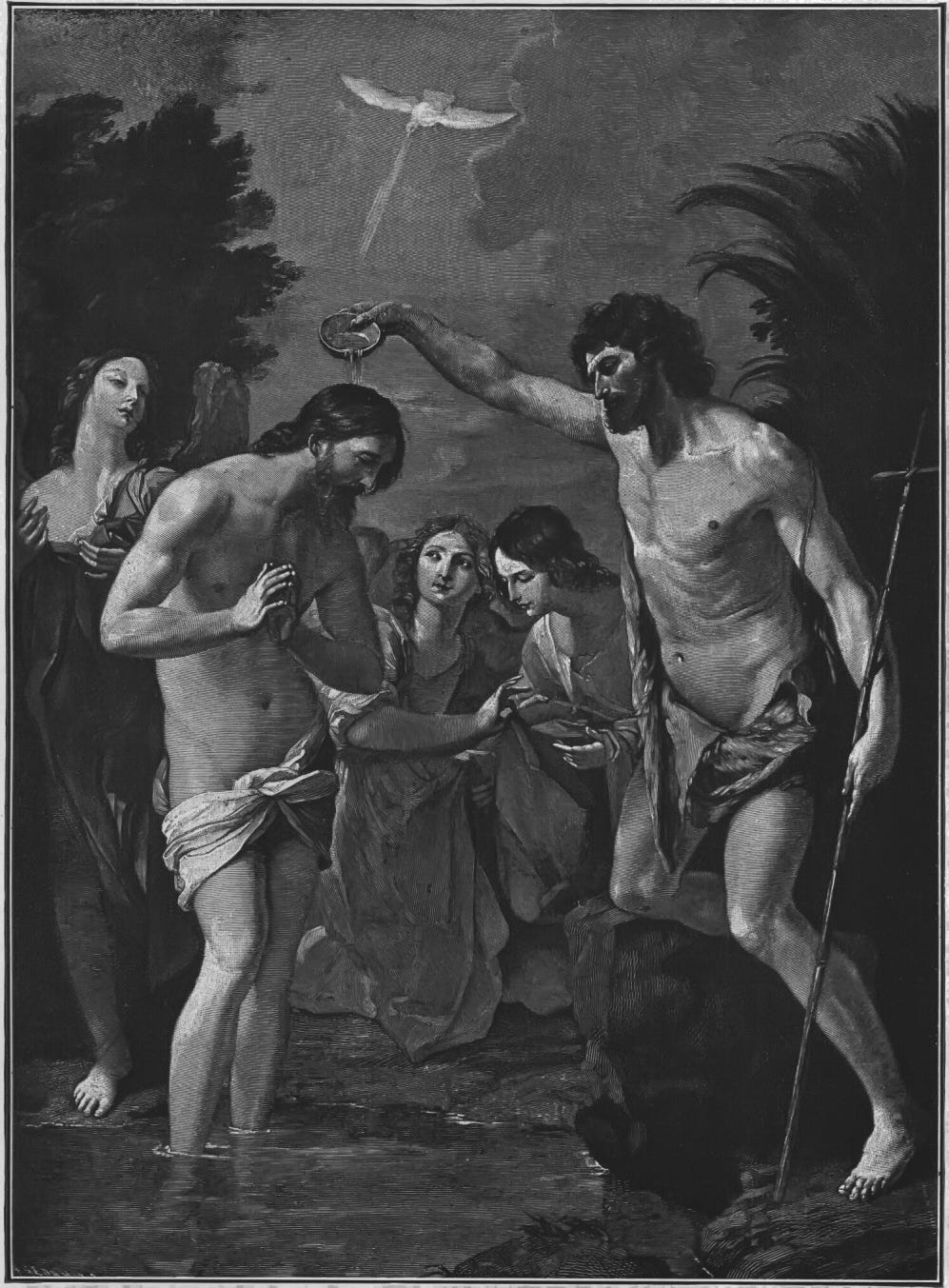The Gift of Broken Humanity
Lessons from the Asbury Revival Two Years Later
Two and a half years after what many called the Asbury Revival, I sat down with Zachery Meerkreebs, the pastor who was right in the thick of those sixteen extraordinary days. I confessed to Zach that when I first heard about the revival (we had never met, and didn’t meet for at least 7 months after) my first response was caution and a good dose of pessimism. In fact, I wrote about it and simply said, “time will tell.” Well, now we are 2.5 years later, and in a wild turn of events, Zach has become a dear friend and we get to talk about what time has told us about the revival in Asbury.
(Source)1
What struck me most during the conversation wasn't his stories about miraculous encounters or packed altars, but his unflinching honesty about the "yuck" (in his words) that surfaced when God showed up.
"When the presence of God is in a place, your yuck comes to the top," Zach told me. "When the pressure comes, your yuck comes to the top."
This might be the most theologically profound thing anyone…



